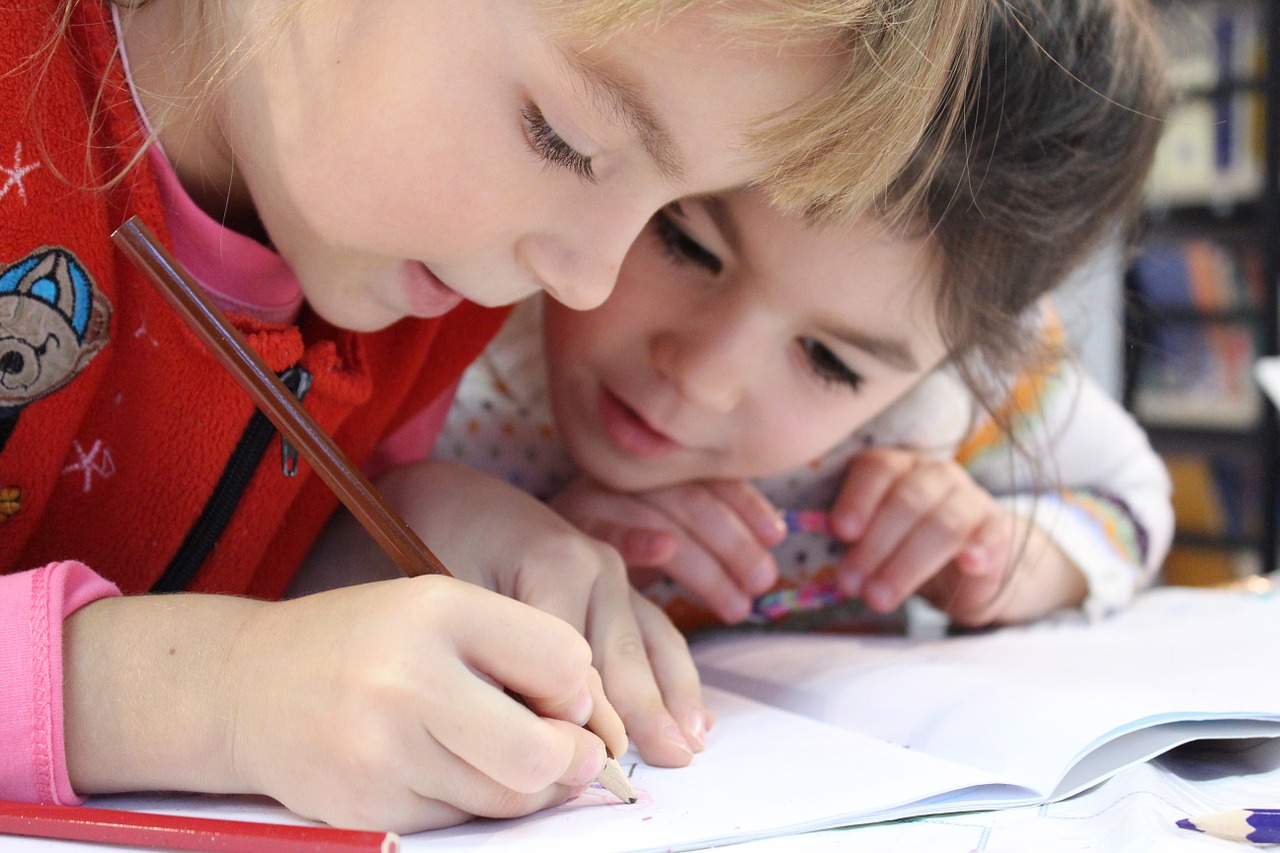10 things you do that hurt your kid's feelings and self-esteem

The key to raising a well-rounded child is to establish a solid support system at home so that he grows up satisfied with his achievements and ambitions.
Sometimes though, parents don't realise the impact certain behaviours have on their children. These actions can cause those precious little souls you love so much to hurt in silence.
Give your children the love they deserve. Tell them you love them with words and caring behaviour, and they will love you forever.
YOU WITHHOLD AFFECTION

Touch your kids often, with hugs and gentle strokes and rubs.Even if you are disciplining your kid, hold his hand while you tell him not to hit or that he needs to stop whining. If your child isn't a cuddler, find other ways to connect, like rustling his hair, dancing together, or even roughhousing a bit.
YOU BREAK YOUR PROMISES
Experts say that when a parent stays true to their promises, the child is likely to model this behaviour as well. When we keep promises with our kids, we help them to develop an understanding of trust and respect for others. And as parents, it also projects the image that we are "truthful and believable", which helps to create a sense of security for our children.
The reality is, though, sometimes promises have to be broken. But it's the regular breaking of promises that matter most. Experts say: "If a parent consistently breaks their promises, then the child may learn that people's word cannot be trusted, and that it's okay to promise something and then not follow through"
YOU USE INSULTING NAMES

Insulting your children by calling them lazy, no good, worthless, can cut to the heart.Examine yourself and see if you are insulting them when you reprimand your children. If so, stop it! It hurts them far more than you may realise. It won't inspire them to be better. If anything, it will have the opposite effect.
YOU ALWAYS FORCE YOUR CHILD
It can be difficult at times when you want the best for your child but he refuses to budge. If it"s a matter of his safety or health, then of course that takes precedence, But if he's resisting putting on the shirt you want him to, or doesn't want to visit the zoo like you planned, it may be better to let him be. Realise that your child is unique and is his own person. He may not always agree with everything you say.
YOU HIT YOUR CHILD
If you're hitting your children you are teaching them that hitting is an acceptable behaviour. It's not, from you or them! You can be firm in your discipline without hurting your children. Set boundaries with your kids by being kind, gentle, respectful and firm. The results will be much more positive and they won't end up crying themselves to sleep.
YOU CAN'T CONTROL YOUR ANGER
Never unleash your anger on the poor child. They may internalise the attack and blame themselves for your anger issues, eventually leading to poor self-esteem and other behavioural issues.
YOU INVADE YOUR CHILD'S PRIVACY
Tempted to read your child's journal? Never do it! Once you lose that trust, it is gone forever. For one, your kid will be scarred and they might never want to tell you anything intimate ever again. Note that you should still monitor your children for safety purposes, but know your limits and where you should draw the line.
YOU'RE TOO DEMANDING

Demanding your kid to excel beyond their capacities and punishing them when they cannot score straight A's will leave a detrimental emotional impact. They will feel frustrated and think that they are not good enough resulting in self-esteem issues. What matters most is that they do their very best.
YOU DON'T PRACTISE GOOD ROLE MODELLING
Your kids look up to you. So if you want them to turn out well, then remember that they are watching your every move. Don't dress immodestly, lie, curse but expect your kids to be perfect angels. You are his or her role-model.
YOU'RE TOO MUCH OF A FRIEND TO YOUR KID
[[nid:457673]]
Your young child might want to hang out with you every second of the day, so take advantage of that by enjoying every minute together, like driving in the car or watching ducks at the park.
It's natural to want to be close to your children, but when the lines between being a parent and being your child's friend become blurred, problems can arise.
When you start to assert your authority, your child may not be happy and that would lead to more disciplinary issues. It's important to set your boundaries early.
This article was first published in Young Parents.